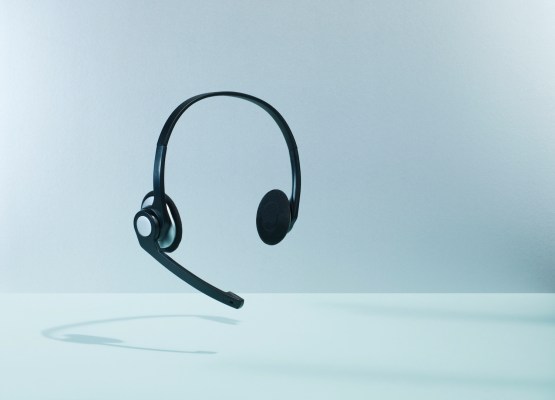Your clients might not demand 24/7 customer service yet, but they are certainly hoping for it. It’s easier said than done: how can a startup with a lean staff provide round-the-clock customer care? There are several options available, but more than ever, outsourcing is one of them.
When should your startup consider outsourcing its customer care? And what should you look for in a provider? Here are some insights on what Customer Care as a Service (CCaaS) can do for you, and how fast-growing startups have been leveraging this new class of partners to boost customer satisfaction.
Addressing customer care pain points
Customer Care as a Service (CCaaS) can address several pain points, which recent trends have made more common, such as the need to provide support outside of business hours.
The COVID-19 crisis has significantly increased the share of e-commerce in total retail in recent months, and these new purchasing habits are mostly likely to stick, the OECD pointed out in a recent report. This led many small retailers to discover the reality that e-commerce startups already know well: when you are an online business, working hours aren’t really a thing.
Instead, many shoppers are making purchases on evenings and weekends, and will abandon their carts if nobody is around to answer their doubts. New clients aside, existing customers also hope to get responses outside of typical business hours whenever needed.
And it’s not just e-commerce; from SaaS to mobility services, there is a growing range of startups for which always-on customer service is nothing but a luxury. French CCaaS provider Onepilot knows it first-hand: during its beta program, its ‘support heroes’ were available from 7am to 1am, but it is now moving to 24/7 coverage as clients requested, co-founder Pierre Latscha told Extra Crunch.
French micromobility startup Pony is one of Onepilot’s clients, With floats of dockless bikes and scooters in several cities, it needed reliable customer care, but couldn’t justify the expense of an in-house hire: “We didn’t have enough demand to have someone take care of customer service full-time,” Pony explained to French newspaper Les Échos (translation ours).
In this context, outsourcing to a partner like Onepilot can save costs when demand isn’t high enough. It can also help when demand isn’t constant, whether it’s because it is seasonal; or simply because it is growing faster than the startup can address it.
The latter was the case with SPRiNG, a French subscription service for eco-friendly laundry detergent and cleaning products which has also been using Onepilot. Since its launch in the summer of 2020 and thanks to €2.1 million in seed funding, its team tripled; but with “tens of thousands of clients”, it soon felt the need for more support to handle the growing volume of requests, co-founder Ben Guerville told us via email.
